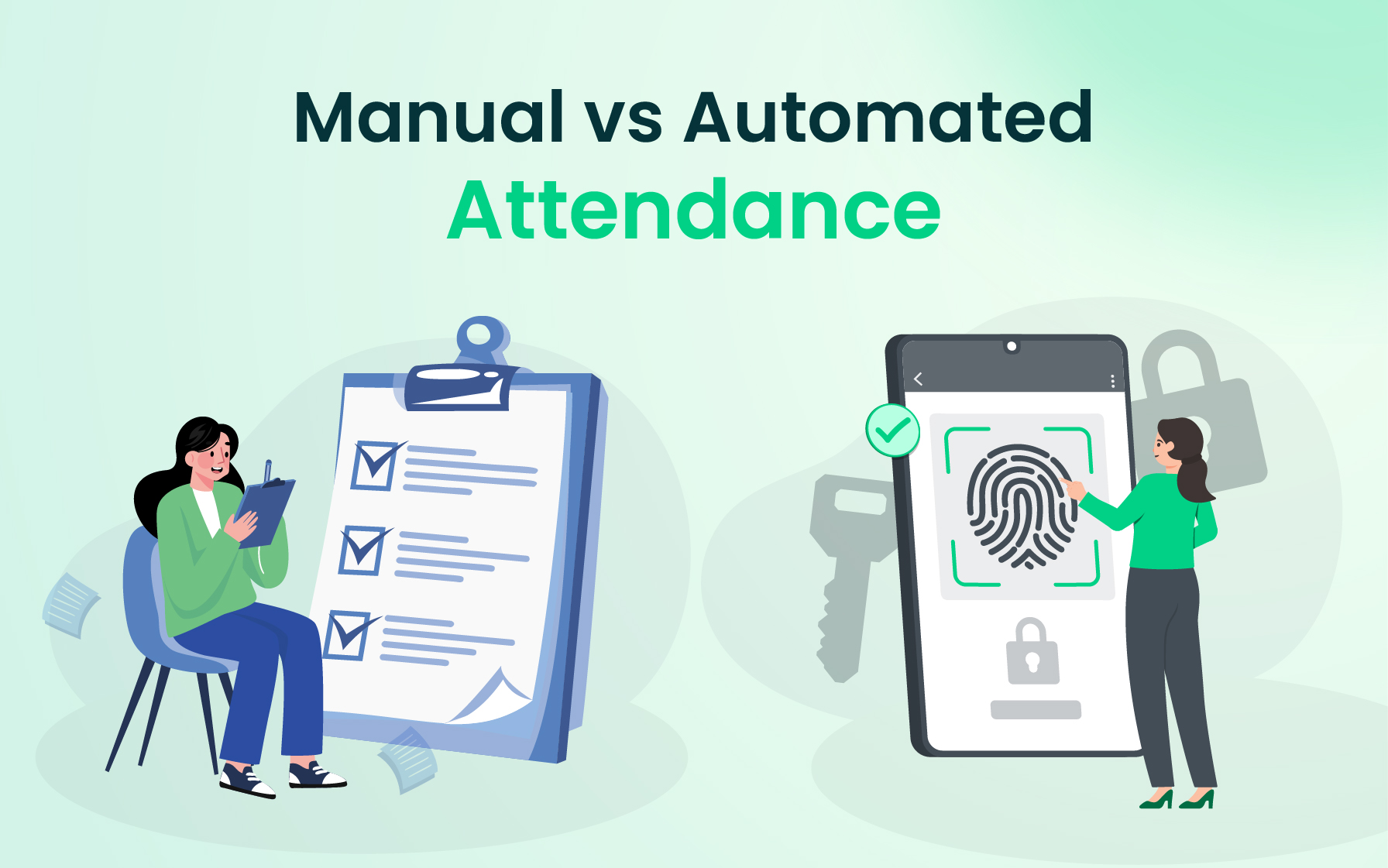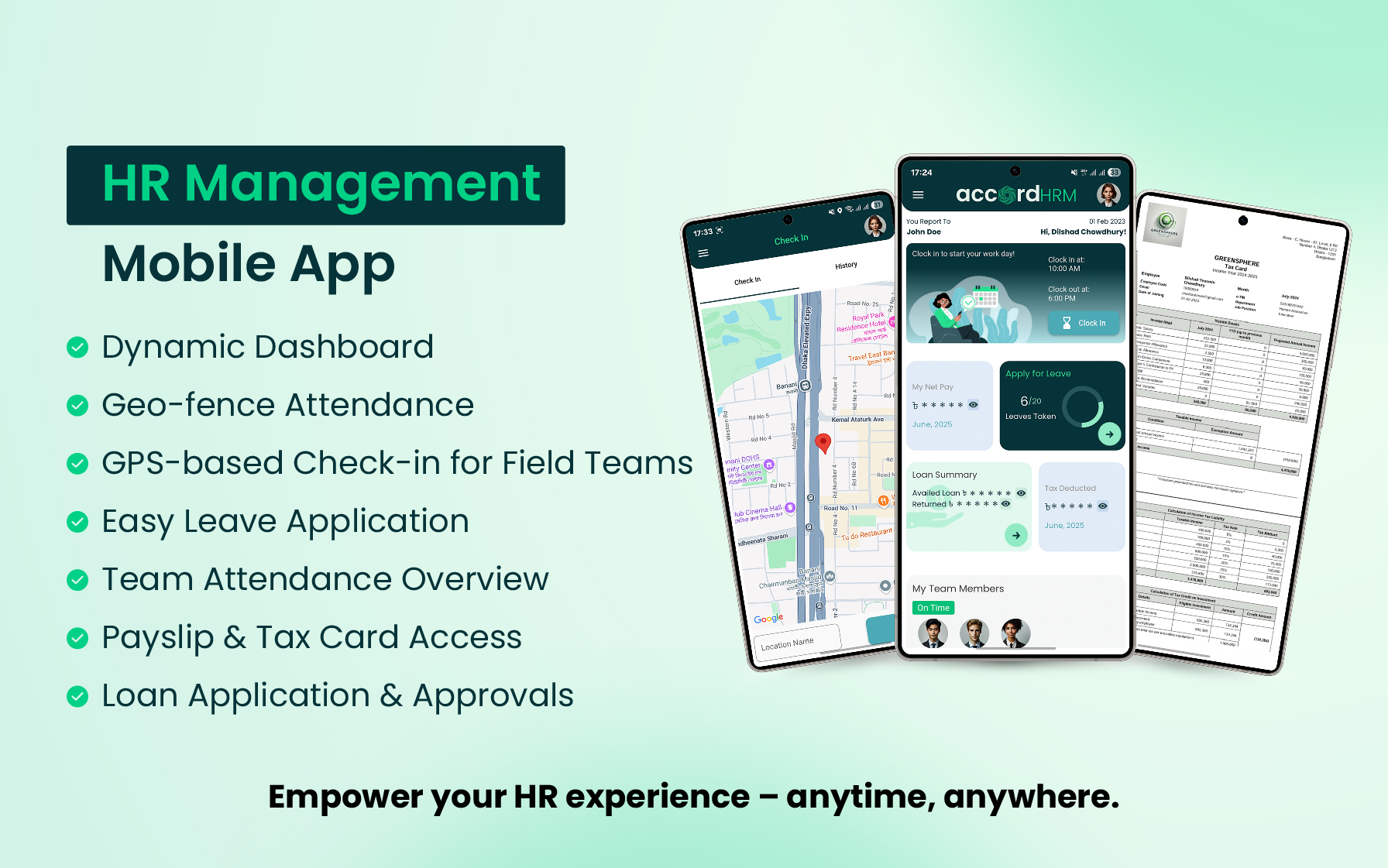
Manual Attendance vs Automated Attendance
A manual attendance system records employee attendance using paper sheets, punch cards, or Excel spreadsheets. HR teams manually enter data, verify attendance, and prepare reports. It might look simple, but in reality it’s a productivity trap. As your company scales, errors multiply, compliance risks grow, and manual tasks start eating into valuable HR time. What […]



